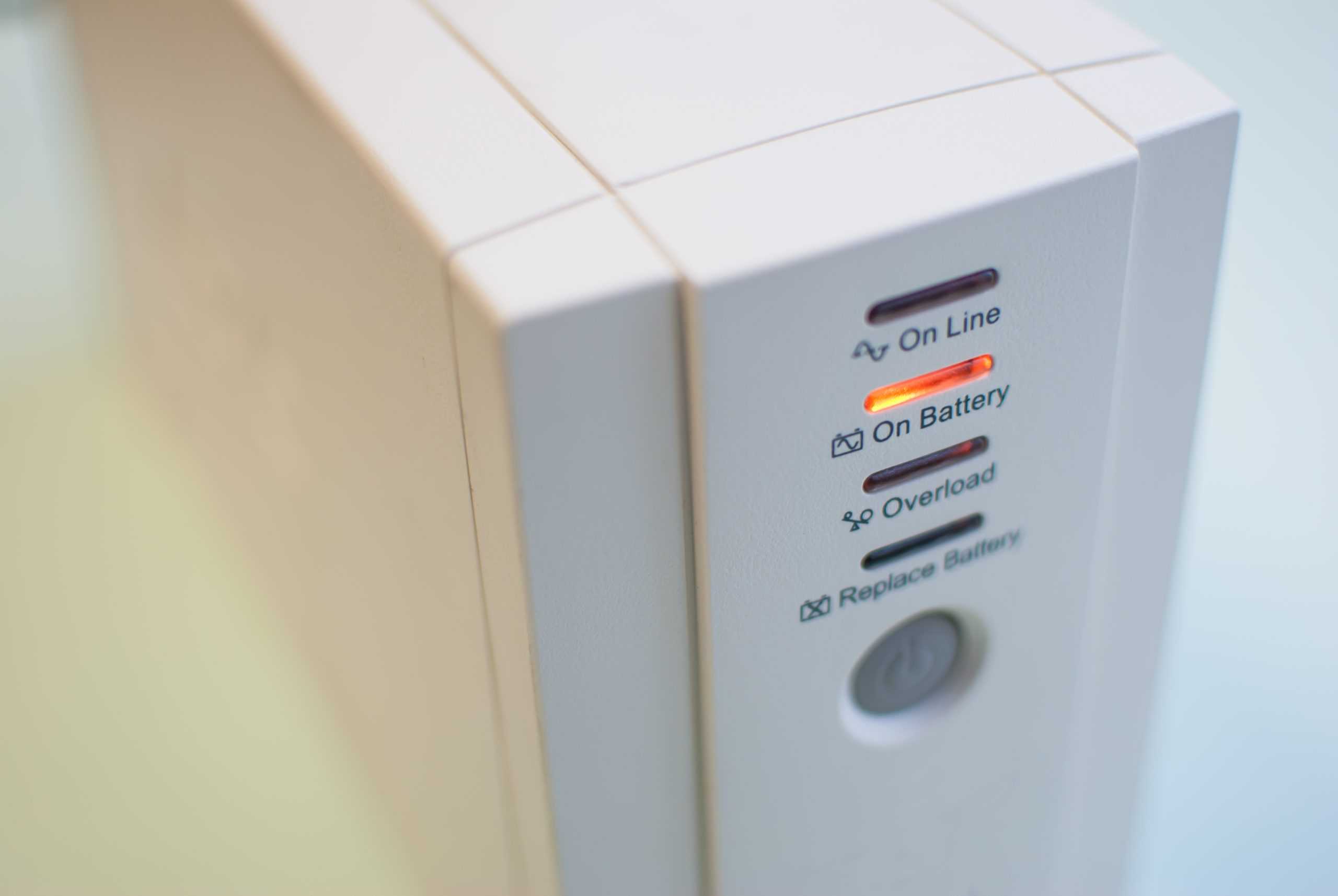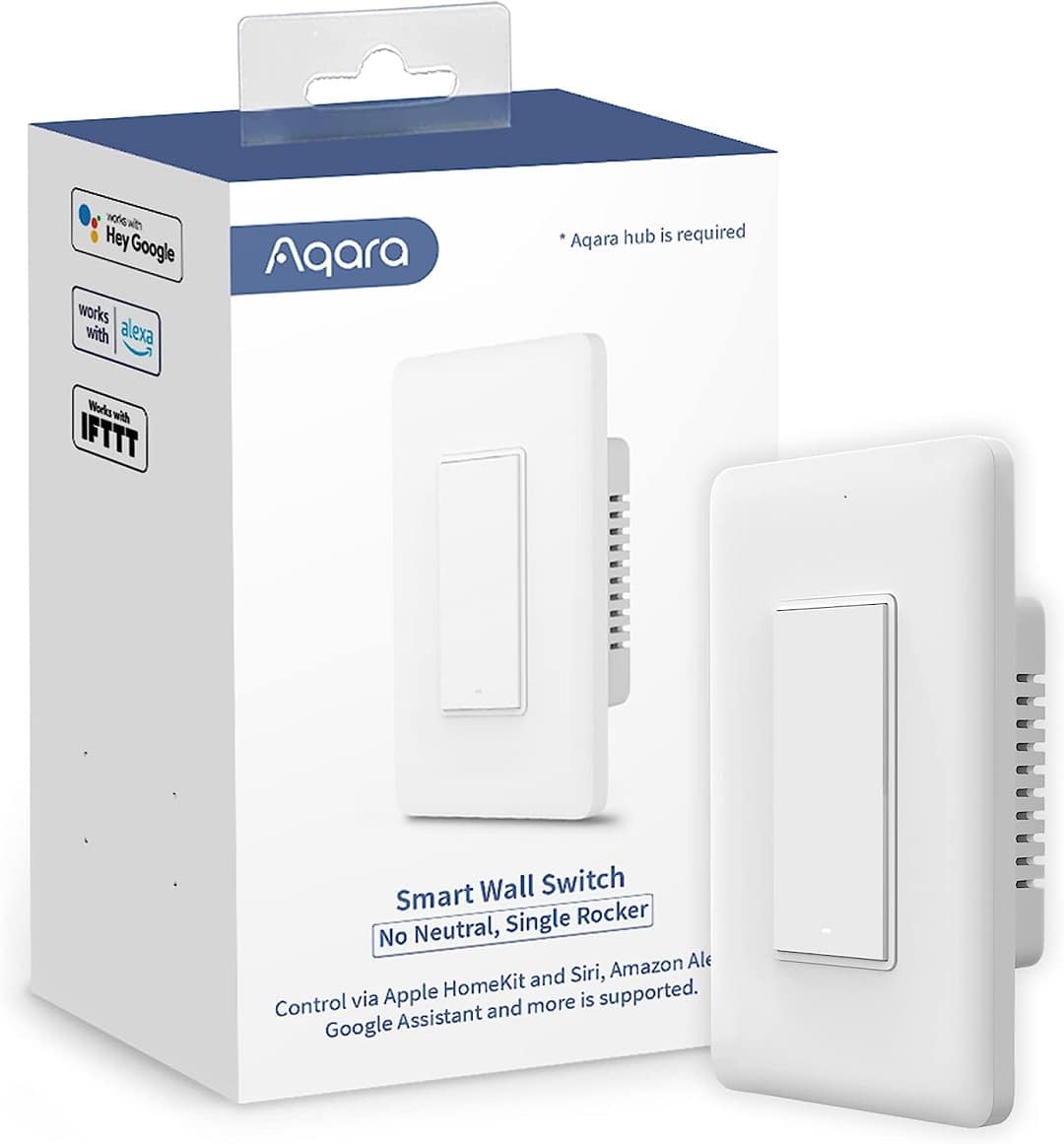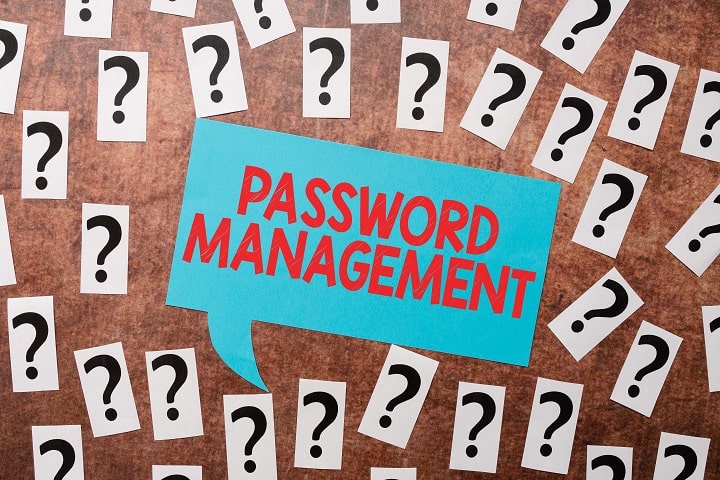Are you tired of sudden power outages disrupting your work or disabling your smart home? If so, then you need to know about the unsung hero of electrical devices – the uninteruptable power supply (UPS). In this blog post, we will explore the world of UPS and go over why you would want one, whether you’re a tech enthusiast, a small business owner, or simply someone who likes not having their electronics turn off during a power outage.
What is a UPS?
A UPS, or Uninterruptible Power Supply, is an electrical device that provides backup power to electronic devices in the event of a power outage or fluctuation. It is designed to protect sensitive equipment, such as computers, servers, and networking devices, from sudden power loss or damage caused by voltage variations.
So, how does a UPS work? Well, it is essentially a battery backup system that stores electricity and delivers it to connected devices when the regular power source fails. When the UPS is plugged into an electrical outlet, it charges its internal battery, ensuring that it is always ready to provide backup power if needed.
Why would I need a UPS?
One of the main reasons you would need a UPS is for protection against power outages. Power outages can happen unexpectedly and can lead to data loss, work disruption, and damage to your electronic devices. For a smart home, having a power outage means that your smart hubs, routers, and more all become unavailable. With a UPS, you can ensure that your devices stay powered on during an outage, giving you enough time to save your work, safely shut down your devices, or continue working without any interruptions.
Another important reason to consider a UPS is for safeguarding sensitive electronics. Electronics such as computers, servers, routers, and modems can be easily damaged by power fluctuations, surges, and spikes. A UPS acts as a buffer, providing a stable and consistent power supply to these devices, protecting them from potential harm and extending their lifespan. It also helps prevent data corruption and loss that can occur during sudden power disruptions.
FAQ
How does a UPS work?
A UPS works by constantly monitoring the incoming power supply and instantly switching to battery power when it detects any interruptions or abnormalities. This ensures that your devices, such as computers, servers, smart home hubs, or home entertainment systems, stay powered on and protected from any potential damage caused by sudden power loss. With a UPS, you can have peace of mind knowing that your important equipment will remain operational, data will be saved, and you can safely shut down your devices during extended power outages.
Why would I want a UPS for my smart home?
For a smart home, any smart devices that you have can be impacted by a power outage. Voltage spikes can cause damage to sensitive electronics, and not having power means they won’t work! If your smart home has a local hub, you can use a UPS to power that hub. You can also use a UPS to power your local router and modems, and potentially have internet even if the power to your area is down depending on what type of internet you have. So having a UPS that your smart home controller and networking gear is attached to can be really valuable in case of a power outage.
How long can a UPS power my devices?
The length of time a UPS can power your devices depends on various factors, such as the size of the UPS and the power consumption of your devices. When picking a UPS, you’ll want to take into consideration the power draw of any device that you will have hooked into it and how long of a runtime you want. It is important to note that the more devices you have connected to the UPS, the shorter the runtime will be. Additionally, the type of devices you have connected, such as energy-efficient or power-hungry devices, will also affect the runtime. It is recommended to choose a UPS with sufficient capacity to meet your power backup needs.
Can a UPS protect my devices from power surges?
Yes, a UPS can protect your devices from power surges. It acts as a surge protector by regulating the voltage and filtering out power surges, ensuring that your devices receive a stable and clean power supply. This protection is crucial because power surges can damage sensitive electronics, such as computers, televisions, and gaming consoles. By investing in a UPS, you can safeguard your devices and avoid potential damage caused by sudden voltage spikes or power disruptions.
What are the key features to consider when buying a UPS?
The key features to look at when buying a UPS are capacity, number and type of outlets, and what type of power surge protection it has. The power capacity of hte UPS indicates the amount of power the UPS can provide to your devices during an outage. It’s essential to choose a UPS with enough capacity to support your equipment. Be sure to also check that there are enough outlets for your devices. Some models have both battery backup outlets and surge protection-only outlets, allowing you to prioritize which devices receive backup power. Finally, it’s worth looking into the UPS’s ability to protect your devices against power surges and voltage fluctuations, as well as any additional features like automatic voltage regulation or remote management capabilities.
Can a UPS be used for both home and office?
Yes, a UPS (Uninterruptible Power Supply) can be used for both home and office settings. A UPS is a device that provides backup power to your electronic devices in the event of a power outage. It acts as a battery backup, allowing you to continue using your devices or safely shut them down during a power interruption. Whether you’re using it at home or running a business, a UPS can be a valuable investment. It not only protects your equipment from unexpected power surges and outages but also gives you peace of mind knowing that your data and work won’t be lost due to sudden power loss. So, whether you’re looking to protect your home computer or keep your office equipment up and running, a UPS is a versatile solution that offers reliable backup power.
Is it necessary to have a UPS for all electronic devices?
No, it is not necessary to have a UPS (Uninterruptible Power Supply) for all electronic devices. That said, all expensive or important electrical equipment should at least have a surge suppressor that it is plugged into to help prevent voltage spikes from causing damage.
In Summary
Thank you so much for taking the time to read about UPS and why you need one. We hope this helps you understand what a UPS is and why you should get one. Whether you are a home user or a business owner, a UPS can be a game-changer in protecting your electronic equipment from power outages, surges, and fluctuations. It’s always better to be prepared and have a backup plan in place, and a UPS can provide that peace of mind.





